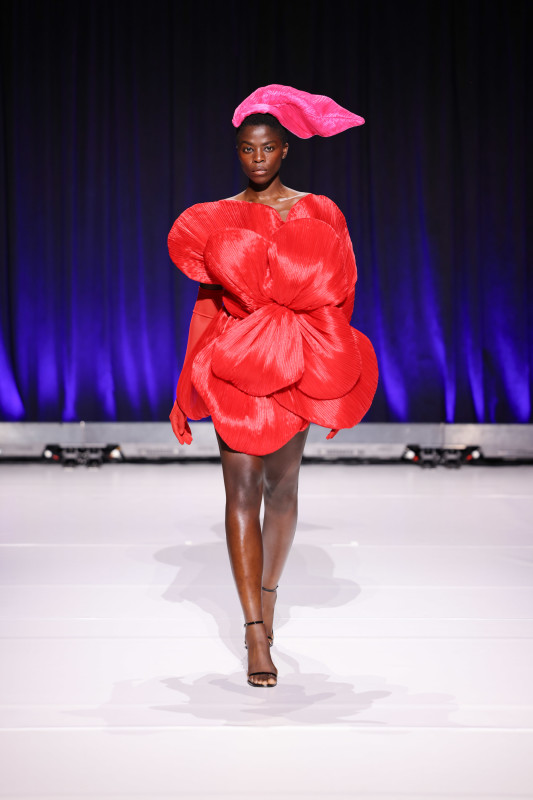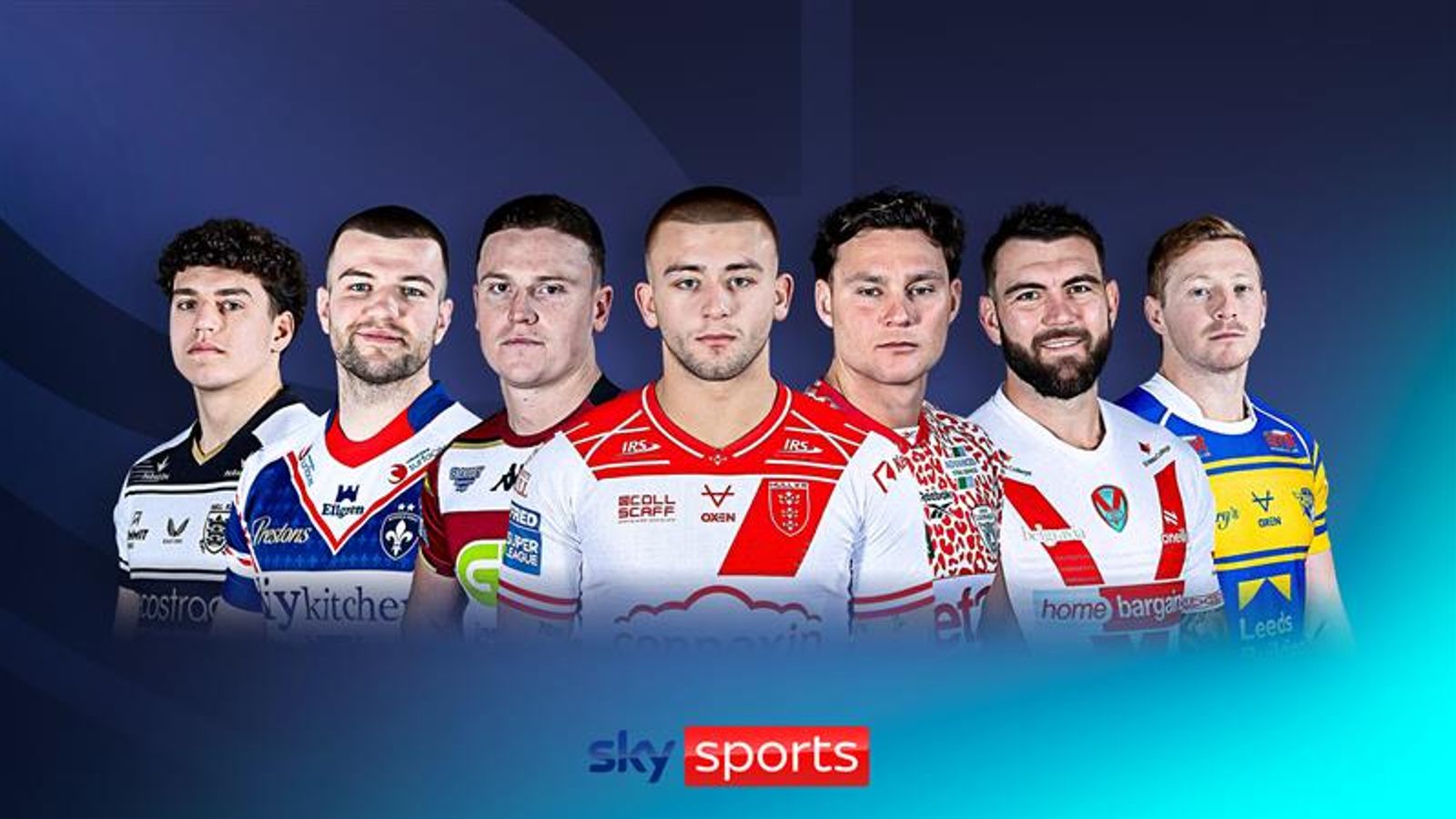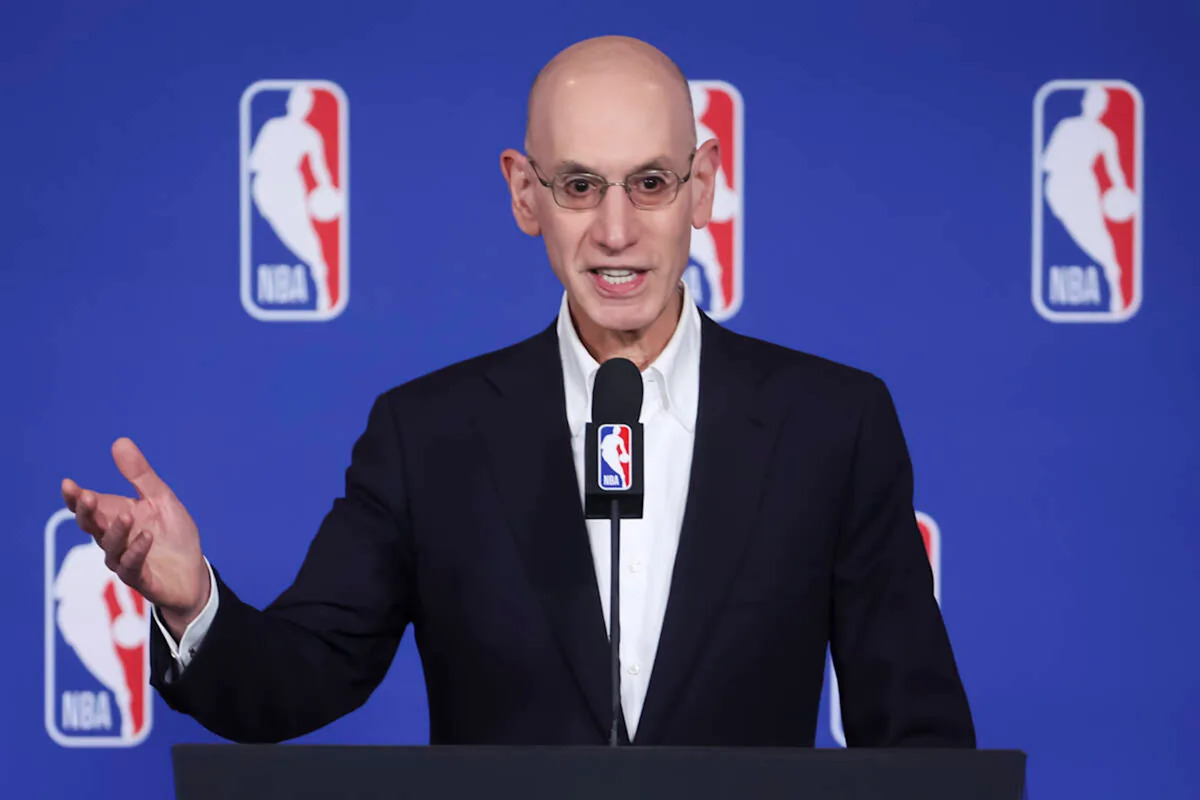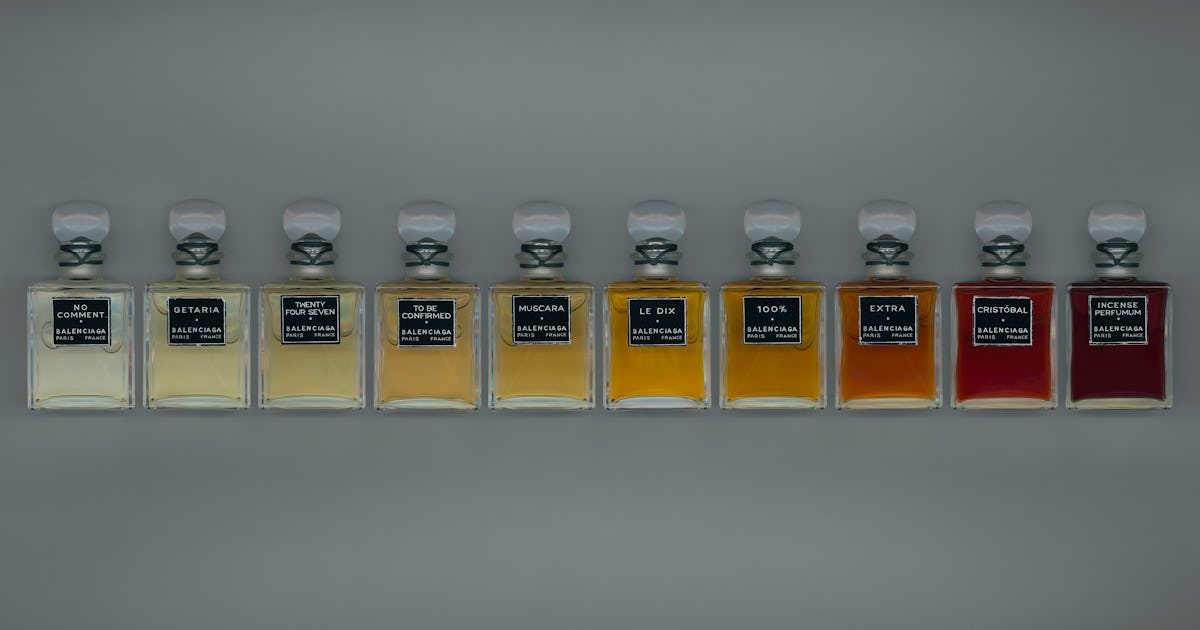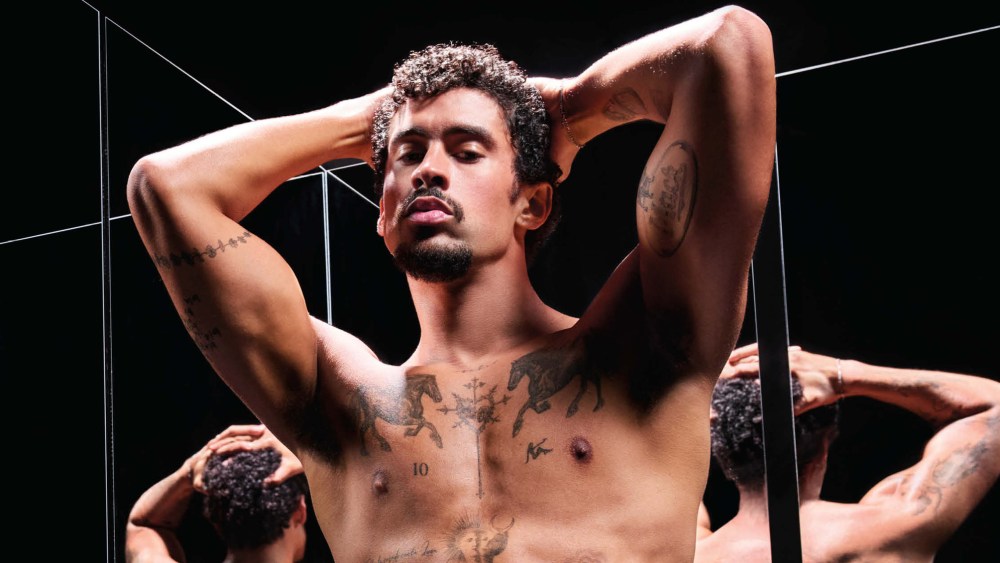
PVH Corp. made its first-quarter plan, but cut its profit outlook for the year given weakness in the U.S. and China, the cost of the trade war and difficulties setting up Calvin Klein’s global product kitchen.
Adjusted profits per share for this year are now expected to come in at $10.75 to $11, down from the $12.40 to $12.75 the company previously forecast. (The completely unmitigated impact of the tariffs recently put into place by President Donald Trump would take a $1.05 per share bite out of PVH’s bottom line, but the company is adjusting its supply chain to help compensate).
Investors sent shares of the company down 5.9 percent to $76.01 in after-market trading on Wednesday.
But PVH, which also owns Tommy Hilfiger, stood by its revenue forecast for 2025, calling for a flat to slightly positive top line. And chief executive officer Stefan Larsson told WWD that when the pieces of his PVH+ plan come together, they really hit.
Larsson pointed to Calvin Klein’s new Icon Cotton Stretch underwear franchise, which drove a 25 percent increase in revenues — highlighting the brand’s most important category with a high-profile ad campaign featuring Bad Bunny.
“It is a very powerful example of where, we lean into our core strength, aligning all the pieces of the PVH+ plan — the brand, the product, the marketing, the marketplace execution — we really cut through,” Larsson said. “What you’ll see now our focus for the rest of the year is to further sharpen that PVH+ execution and grow its impact on bigger and bigger parts of the business.”
Larsson has trimmed down PVH, sold off the legacy business and looked to sharpen Tommy Hilfiger and Calvin Klein by focusing on “hero” products and supporting them with big cultural marketing moments.

Jeremy Allen White for Calvin Klein.
The outward impact of that approach has grown more apparent — before Bad Bunny stripped down for the brand it was Jeremy Allen White with a blockbuster campaign — but the financial impact of the PVH+ plan is still working its way through the system.
For the quarter ended May 4, PVH’s net losses tallied $44.8 million, or 88 cents a share, with $480 million in goodwill and intangible asset write-downs partially offset by a $305 million take benefit.
Adjusted earnings per share of $2.30 topped the $2.25 analysts had penciled in, according to Yahoo Finance.
PVH’s first-quarter revenues increased 2 percent to $2 billion from the prior year.

Tommy Hilfiger’s Hilfiger Sailing collection.
Courtesy of Tommy Hilfiger
Tommy Hilfiger’s revenues rose 3 percent to $1 billion while Calvin Klein’s were flat at $886.1 million.
Sales in Europe, the Middle East and Africa rose 5 percent to $927.7 million, while the Americas gained 7 percent to $608.4 million (driven by wholesale after the company took back more Calvin Klein licenses) and the Asia-Pacific region saw sales drop 13 percent to $351.7 million.
Larsson is step by step looking to transform the company and build it into a fashion engine that can steadily perform, producing repeatable results for the businesses and investors.
But it’s not a quick exercise.
“When we lean in to where we have the iconic strength and the love from the consumer and add newness strategically in product, we combine it with cut-through marketing campaigns and strengthen the marketplace execution and bring that impact into both wholesale partners and stores, then we really win,” he said.

Stefan Larsson
Katie Jones/WWD
“It’s a multiyear journey,” the CEO said. “You see it season by season. When we go forward then to say where are we on this journey? When the macro, the consumer backdrop gets tougher, it’s the moment to get sharper, closer to the consumer and really build out and amplify that strength.”
The changes have not all been easy.
PVH is in the process of taking back the licenses for U.S. wholesale sales from G-III Apparel Group as it was also setting up one global product design team for Calvin Klein in New York.
Larsson said it took “too much effort, time getting the new go-to market process stood up, which constrained product development timelines, core sourcing delays, and ultimately margin pressure” for Calvin Klein.
But he called that impact transitory and said David Savman, who stepped in as global brand president for the brand last month, was working with a level of “clarity and rigor” that was encouraging.
#PVH #Cuts #Profit #Outlook #Tariffs #U.S #China #Weakness

